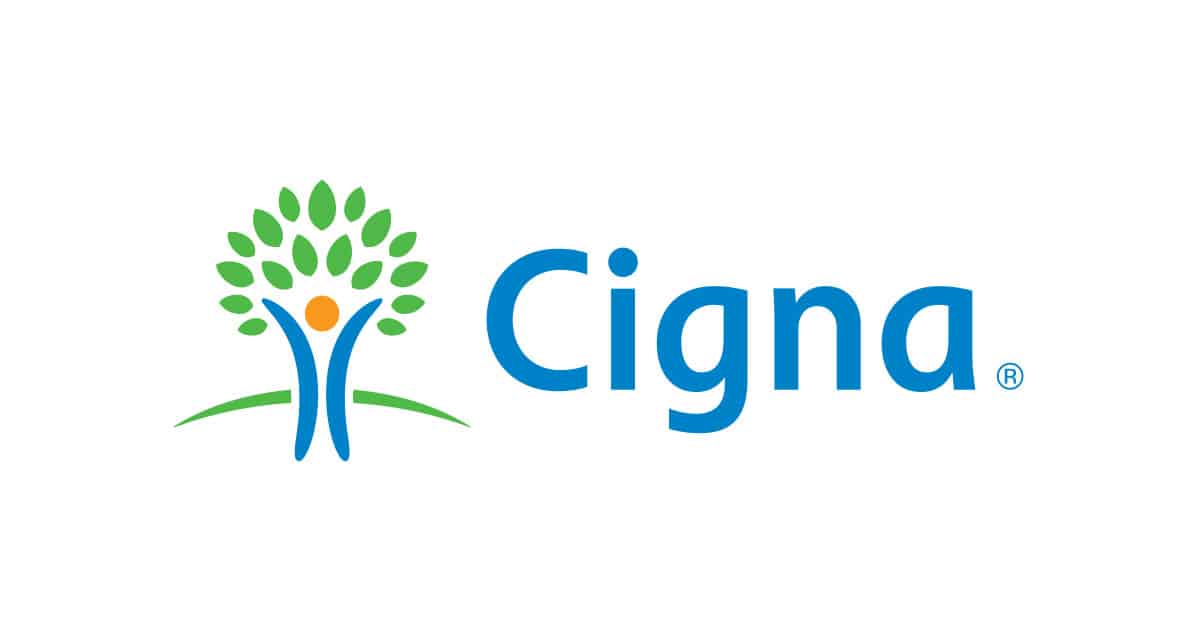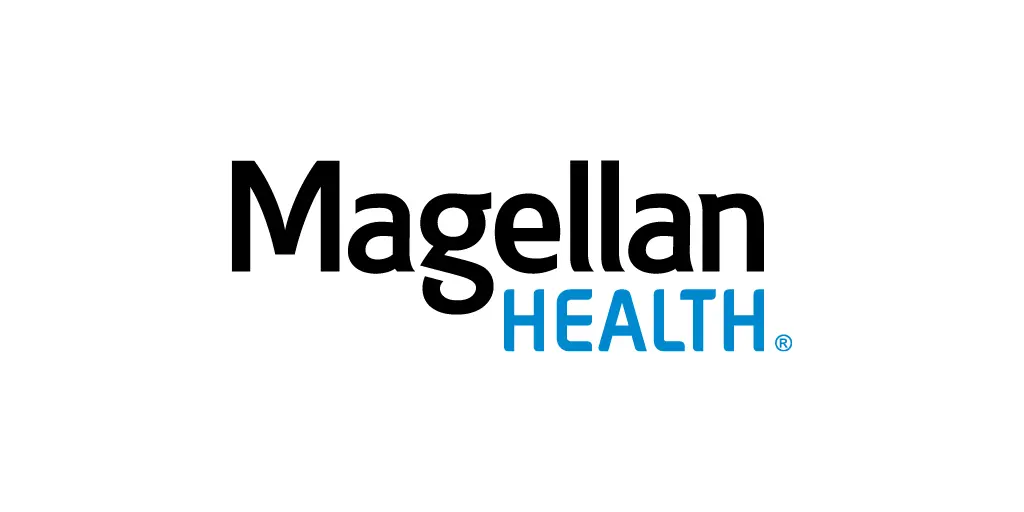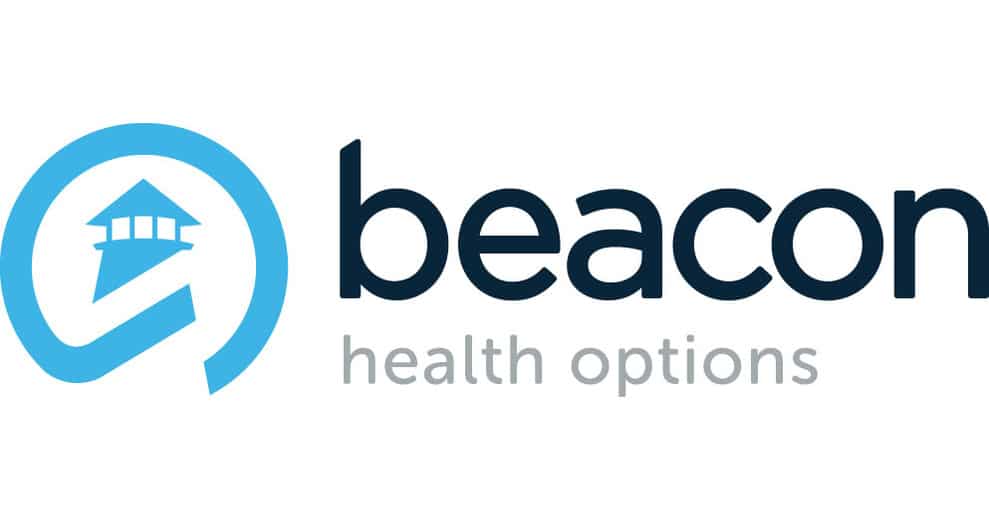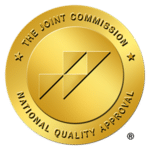Table of Contents
What is Acceptance and Commitment Therapy?
Acceptance and Commitment Therapy (ACT) represents an active branch of psychotherapy that builds upon the foundation of traditional behavioral and cognitive behavioral therapies. It encourages clients to accept their feelings rather than fighting or denying them, recognizing these emotions as natural reactions to various situations. This approach to acceptance is designed not to trap clients in their current state but to help them move forward. The objective is to help individuals acknowledge their difficulties and then make a commitment to change their behavior, regardless of their present emotions or circumstances.
Developed in the 1980s by psychologist Steven C. Hayes of the University of Nevada, ACT Therapy was born out of Hayes’s personal struggle with panic attacks, leading him to embrace acceptance as a transformative tool in his life.
ACT therapy is grounded in the idea that embracing acceptance fosters psychological flexibility, offering a path out of the vicious cycle of avoiding uncomfortable thoughts or emotions. This avoidance can lead to larger problems, but through ACT, individuals learn strategies to break free from these patterns, offering profound benefits for mental health and well-being.
What to Expect in ACT Therapy
Early sessions in ACT Therapy focus on identifying your core values, with subsequent meetings dedicated to integrating these values into everyday life. A typical session may involve:
- Reviewing the past week to acknowledge actions aligned with your values.
- Addressing behaviors that diverged from these values and exploring underlying reasons.
- Applying ACT’s six core techniques to better align future actions with personal values.
Throughout the therapy, you’ll learn to apply these strategies to personal challenges, incorporating acceptance techniques, cognitive defusion, and mindfulness exercises. These practices aim to foster a mindful acceptance of thoughts and feelings and encourage actions that reflect your true self.
Your therapist may also assign homework, like mindfulness practices or value-clarification tasks, tailored to support your growth outside of therapy.
How Does ACT Therapy Work?
ACT therapy emphasizes embracing life’s events without judgment or attempts to alter them. This approach leverages mindfulness techniques to foster a more forgiving and understanding relationship with challenging experiences, liberating you from the cycle of negative thinking towards tranquility and recovery.
- Acceptance: Begin by fully acknowledging emotions and thoughts that seem overwhelming, embracing these sensations with mindfulness and openness.
- Direction: Choose a constructive path forward, focusing on progress rather than dwelling on past difficulties.
- Action: Actively commit to your chosen path, demonstrating resilience in the face of life’s challenges.
Acceptance and Commitment Therapy Techniques
Acceptance and Commitment Therapy stands distinct from Cognitive Behavioral Therapy (CBT) by focusing less on reducing distressing thoughts and feelings and more on diminishing the struggle to control or avoid these experiences, thereby promoting engagement in value-driven activities.
The goal within ACT is to develop psychological flexibility, allowing actions to be chosen freely, regardless of internal thoughts or emotions. This is guided by six key processes:
- Acceptance: Embracing thoughts and emotions fully, without resistance or modification, fostering a deeper understanding and peace with one’s inner experiences.
- Cognitive Defusion: Learning to observe and detach from overpowering thoughts, reducing their negative influence and enabling a more objective interaction with them.
- Being Present: Fully engaging with the current moment, observing thoughts and feelings without judgment, leading to authentic behavior changes and a richer life experience.
- Self as Context: Recognizing the self beyond immediate thoughts and experiences, appreciating the broader aspects of one’s identity.
- Values: Identifying and committing to personal principles, rather than actions driven by discomfort avoidance or societal expectations, infusing life with purpose.
- Committed Action: Actively making changes aligned with one’s values, which might include goal setting, navigating emotions or past traumas, and building life skills for a more fulfilling existence.
ACT therapy encourages a journey towards value-aligned living, enabling positive life changes through a comprehensive understanding of oneself and one’s motivations.
What Can ACT Therapy Help With?
ACT therapy offers effective support for numerous mental health challenges, such as:
- Managing Stress
- Workplace Stress
- Anxiety
- Depression
- Substance Abuse
- Phobias
- Obsessive-Compulsive Disorder (OCD)
- Psychosis
Is ACT Therapy Effective?
Early research assessing ACT therapy shows promising results, with studies including randomized trials where ACT is used alongside conventional psychosocial therapy or as a singular treatment option, demonstrating positive outcomes compared to various therapeutic approaches.
However, further investigations are necessary to fully understand how ACT compares to other empirically validated methods, such as 12-step facilitation programs and traditional relapse prevention strategies. There’s a growing need for studies that delve into the specific mechanisms through which ACT facilitates behavioral change.
At this stage, while the evidence supporting ACT’s effectiveness in managing substance use disorders is optimistic, it remains somewhat preliminary, highlighting the need for continued research in this area.
Benefits of Acceptance and Commitment Therapy
Acceptance and Commitment Therapy notably enhances psychological flexibility, enabling a deep connection with one’s mental and emotional processes. It teaches the art of embracing helpful thoughts and emotions and releasing those that are not, cultivating a practice of responding thoughtfully and deliberately to mental experiences, thereby avoiding rash actions and aligning behaviors with meaningful life goals.
ACT therapy also excels in deepening self-awareness and promoting a kinder self-perception. It plays a crucial role in transforming how individuals interact with their thoughts and feelings, facilitating a journey through life’s challenges with enhanced clarity, compassion, and resilience.
ACT Therapy for Addiction Treatment
Central to many addiction issues is the challenge individuals face in coping with distressing emotions and thoughts, both on a mental and physical level. ACT therapy aids in bolstering the psychological resilience of individuals grappling with addiction, granting them the strength to endure hardship without turning to substance use as an escape.
Substances like alcohol and drugs may offer a fleeting respite from discomfort, yet they ultimately compound the problem, exacerbating negative feelings and leading to additional complications over time. Through Acceptance and Commitment Therapy, individuals learn effective strategies for managing difficult emotions and impulses, including the intense urges that often accompany substance abuse. These skills are crucial for the recovery process, providing a foundation for long-term sobriety and helping individuals maintain their progress well beyond the confines of a treatment program.
Begin Your Acceptance and Commitment Therapy in Atlanta, GA
Ready to acknowledge your history, engage fully with the now, and mindfully shape your future? We’re by your side. At West Georgia Wellness Center, we provide a life-changing opportunity through ACT Therapy in Atlanta, GA, pivotal to your comprehensive healing process.
Discover how we can guide you towards genuine, enduring recovery. Contact us with our online form or call us at 470-339-7987 for support.














